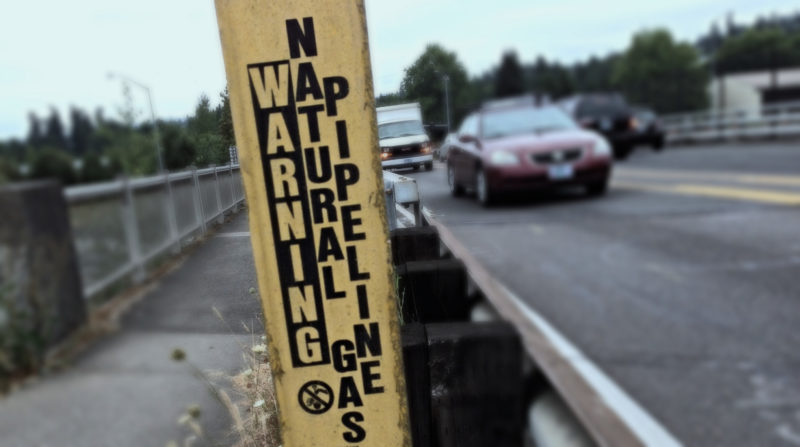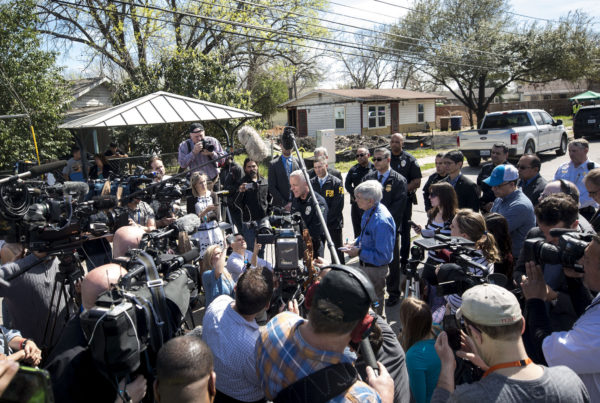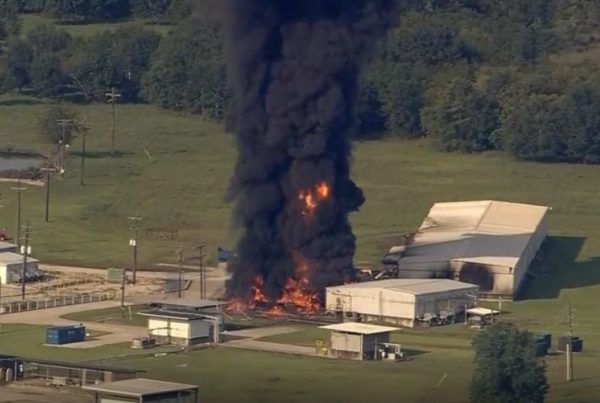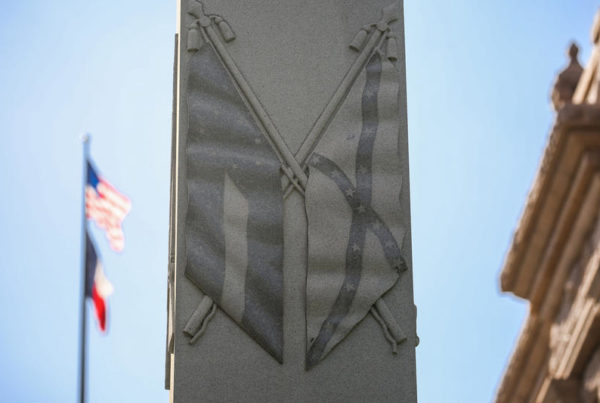A gas explosion in Dallas killed a 12-year-old girl last month and prompted the evacuation of a northwest neighborhood of close to 3,000 people.
Dallas Morning News investigative reporter Cary Aspinwall has obtained emails from the Texas Railroad Commission indicating that crews from Atmos Energy, the natural gas supplier in the area, were repairing multiple gas leaks very close to the home that exploded, but the company didn’t shut down the pipelines or evacuate the neighborhood immediately.
One of the emails dated 12 hours before the explosion describes how Atmos employees were investigating two leaks apparently related to previous kitchen fires in the area, but without any sense of urgency or recommendation for further preventive action.
“They didn’t evacuate the neighborhood. They didn’t shut down the pipeline,” Aspinwall says. “It raises questions about should they have done more? Should they have notified the people in the area? Why didn’t they seem as concerned about these two leaks as the neighbors did? Because a lot of neighbors had told us and had said at public meetings that they called and they could smell gas. They knew something was wrong.”
The fires mentioned in the email happened on Feb. 21 and Feb. 22, in homes located on the street directly behind the house that exploded on Feb. 23. The houses shared an alley, Aspinwall says. One man interviewed by the reporter told her that the first incident felt like an explosion, not like a kitchen fire.
Atmos Energy blamed the explosion on the weather, shifting clay soil, and aging steel pipes. The Texas Railroad Commission confirmed that the pipelines in the affected neighborhood were made of steel, which can be more vulnerable to leaks. However, the gas company hasn’t agreed to release maps of other neighborhoods with steel pipes that may be at risk.
“Pretty much after the 1970s they started using plastic PVC for pipes because it’s more flexible. There have been cases nationally in other states and cities where the steel pipes bend to pressure, or leak, or corrode in spots,” Aspinwall says. “A lot of people have questions about their pipes in their neighborhoods, and we have tried to find out and get a map of where are the steel pipes in Dallas neighborhoods.”
The company won’t release the maps, though.
“They claim that there’s a security risk,” Aspinwall says. “I think these security provisions came up after 9/11, as many things did. I guess they were at the time used to concerns about terrorism, to make the records less public and less available to people. And that information became harder to get.”
After finding at least 28 leaks in pipes in a two-day period, Atmos Energy evacuated the entire neighborhood. The company started replacing the steel distribution pipes in the neighborhood and the service lines to the individual homes. Many residents went to hotels, but others are still living in their houses without gas service.
“They don’t have hot water. They can’t use the washer and dryer sometimes,” Aspinwall says. “The company has set up service stations and they are trying to help with stipends and housing, but the neighbors are really frustrated. Some people say that this doesn’t cover all their expenses.”
Aspinwall says that the Texas Railroad Commission and the National Transportation Safety Board are investigating the explosions.
Written by .
















